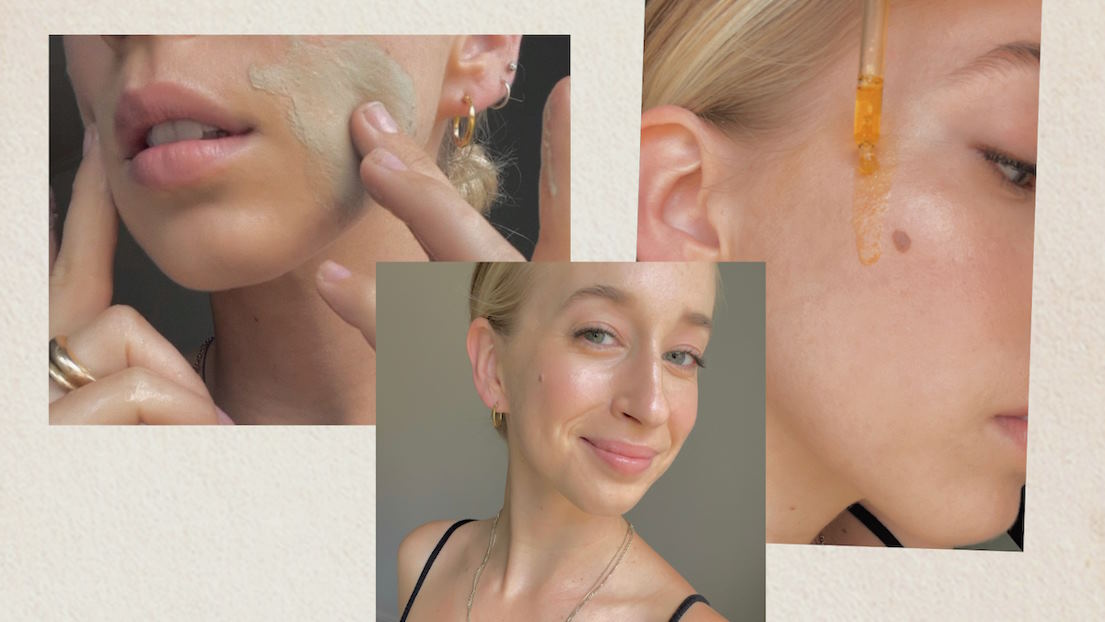College life, with its unique blend of academic challenges, social dynamics, and newfound independence, is an exciting yet demanding chapter in a young adult’s journey. Unfortunately, the pressures that accompany this phase often manifest not only in late-night study sessions but also on the skin’s surface. Stress-related breakouts are a common concern for many college students, impacting self-esteem and overall well-being.
Identifying Stress Triggers
Recognizing the sources of stress in a college environment is essential for developing targeted strategies to combat breakouts. Academic pressure, social challenges, and lifestyle factors all contribute to elevated stress levels among college students. Understanding personal stressors and their impact on mental well-being is the first step towards effective stress management.
Students should take time to evaluate their stress triggers, whether they stem from academic demands, social expectations, or personal issues. Academic stress, for instance, can be mitigated through effective time management, setting realistic goals, and seeking support when needed. Social challenges may require building a strong support system and developing healthy coping mechanisms. Lifestyle factors, such as inadequate sleep and poor dietary choices, can be addressed through mindful choices that prioritize overall well-being.

Establishing a Skincare Routine
A consistent and tailored skincare routine is paramount for managing stress-related breakouts. Choosing the right skincare products and incorporating effective practices can make a significant difference in the health and appearance of the skin. It’s crucial to opt for products that are gentle, non-comedogenic, and suitable for stressed skin.
A basic skincare routine should include a gentle cleanser to remove impurities without stripping the skin of its natural oils. Moisturizing is equally important, as stress can dehydrate the skin. Additionally, incorporating targeted treatments, such as spot treatments for acne or soothing masks for inflammation, can be beneficial. Consulting with a dermatologist can provide personalized recommendations based on individual skin types and concerns.
Stress Management Techniques
While skincare is an essential aspect of combating stress-related breakouts, addressing the root cause of stress is equally crucial. Implementing stress management techniques can significantly contribute to overall well-being. Incorporating mindfulness meditation, deep breathing exercises, and other relaxation techniques into daily life can help reduce stress levels and, consequently, improve skin health.
Regular physical activity is another powerful tool for stress reduction. Exercise not only releases endorphins, the body’s natural stress relievers, but also improves blood circulation, which is essential for healthy skin. Building a support system through friends, family, or counseling services provides an outlet for expressing feelings and receiving guidance during challenging times.

Balancing Academic and Personal Life
Time management is a critical factor in reducing academic stress. College students often find themselves juggling multiple responsibilities, from attending classes and completing assignments to participating in extracurricular activities. Setting realistic goals, prioritizing tasks, and maintaining a healthy work-life balance are essential for minimizing stress and preventing breakouts.
It’s crucial to acknowledge that academic success does not solely depend on the number of hours spent studying. Taking breaks, getting adequate sleep, and engaging in activities that bring joy and relaxation are equally important. By finding this balance, students can achieve academic excellence without compromising their mental and physical well-being.
Seeking Professional Help
Sometimes, stress-related breakouts may require professional intervention. Consulting with a dermatologist can provide valuable insights into personalized skincare routines and treatments. Additionally, seeking counseling services for stress management is a proactive step towards maintaining mental health. Open communication with healthcare professionals ensures a holistic approach to addressing both the external and internal factors contributing to stress-related skin issues.
Creating a Healthy Lifestyle
The link between overall health and skin condition cannot be overstated. Nutrition plays a pivotal role in promoting skin health, with a diet rich in antioxidants, vitamins, and minerals supporting the body’s ability to repair and regenerate skin cells. Adequate sleep is equally crucial, as it allows the skin to undergo essential repair processes during the night.
Making mindful choices in daily life, such as staying hydrated, avoiding excessive caffeine and alcohol consumption, and incorporating a variety of nutrient-dense foods, contributes to a healthier lifestyle. By nurturing the body from the inside, students can enhance their ability to cope with stress and maintain radiant skin.








